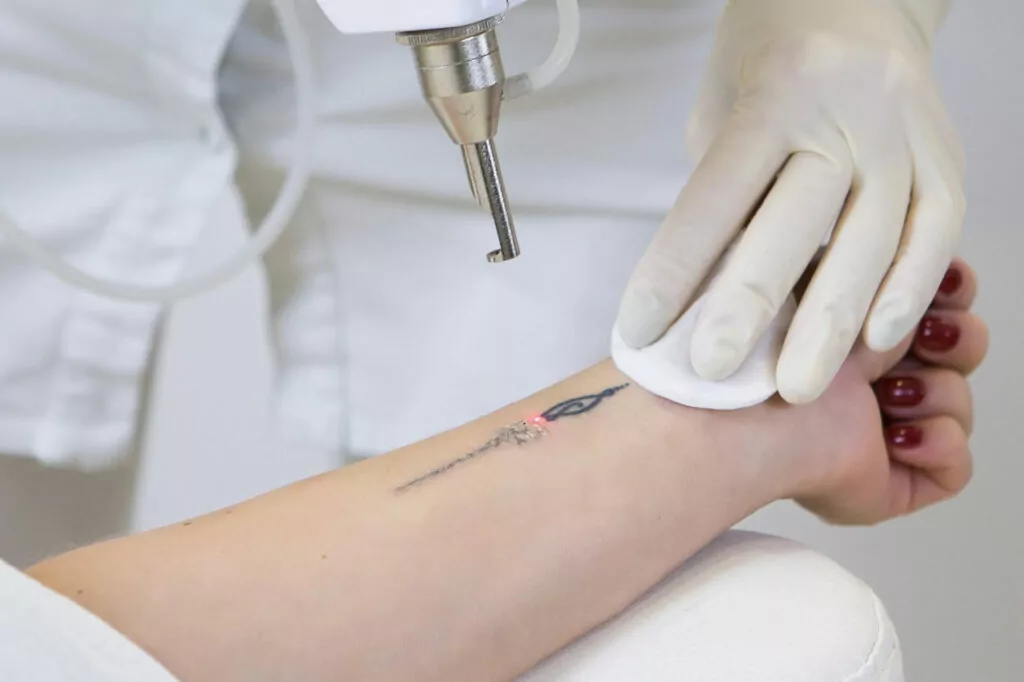Shropshire’s Lingen Davies Cancer Centre, situated at The Royal Shrewsbury Hospital, has introduced a groundbreaking technology that eliminates the necessity for cancer patients to receive permanent tattoos for radiotherapy guidance.
Known as Surface Guided Radiotherapy (SGRT), this innovative approach delivers precise treatment using specialized equipment. The installation of SGRT within the Radiotherapy department marks a significant advancement in cancer care for the region.
The center, which caters to approximately 12,000 radiotherapy patients annually from Shropshire, Telford & Wrekin, and Mid Wales, is now equipped with this cutting-edge technology.
The introduction of SGRT brings several advantages for both patients and medical staff. Primarily, it eliminates the need for permanent tattoos, which have conventionally been used as markers for radiotherapy treatment. This not only addresses the discomfort experienced by patients but also eliminates the distress caused by the reminder of their treatment.
Furthermore, SGRT streamlines the treatment process, reducing waiting times and enhancing overall efficiency. This technology not only benefits patients but also aids staff by minimizing the physical handling of patients during treatment.
The implementation of SGRT became possible through a generous donation of £416,666 from The Directors of Telford Plaza Ltd to the Lingen Davies Cancer Fund. This support demonstrates a commitment to improving cancer services within the community.
Naomi Atkin, CEO of Lingen Davies, expressed gratitude for the donation, highlighting the transformative impact SGRT will have on the patient experience. She emphasized the importance of enhancing cancer care locally, thereby reducing the need for patients to travel long distances for treatment.
While SGRT is not currently funded by the NHS, its adoption at Lingen Davies underscores the commitment to providing state-of-the-art care to patients. This technology not only improves treatment outcomes but also contributes to the overall well-being and quality of life of cancer patients.
The initial installation of SGRT will cover the CT Scanner and two Varian Truebeam Linear Accelerators at the Lingen Davies Cancer Centre. Plans are underway to implement SGRT on the third Linear Accelerator within the next three years.
The managing director of Telford Plaza Ltd expressed the company’s commitment to giving back to the community by directly investing in assets that benefit the entire population.
Research cited by Lingen Davies underscores the negative impact of tattoos on breast cancer survivors, with a significant majority expressing a preference for tattoo-free radiotherapy. By reducing the need for physical handling during treatment, SGRT also preserves the dignity of patients and minimizes stress on medical staff.
The introduction of SGRT at Shropshire’s Lingen Davies Cancer Centre marks a significant step forward in cancer treatment, underscoring a commitment to innovation and patient-centered care.

